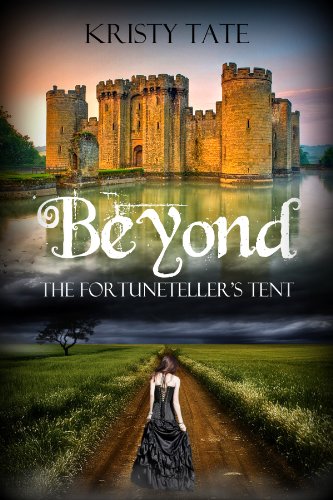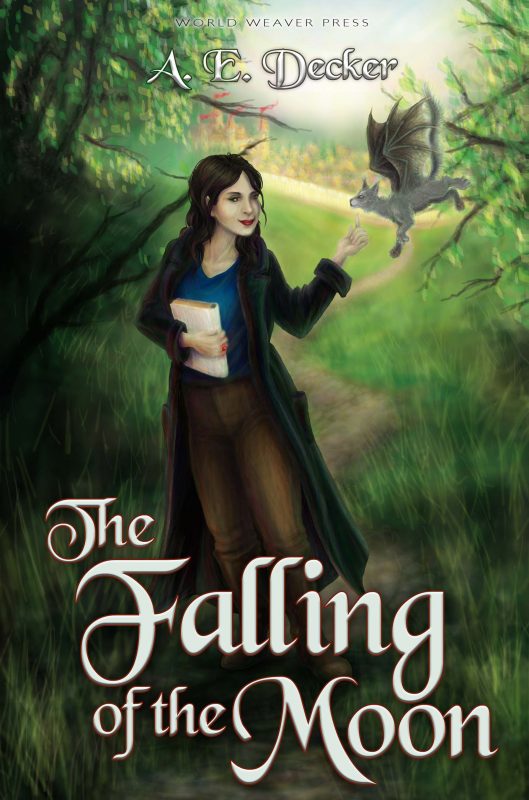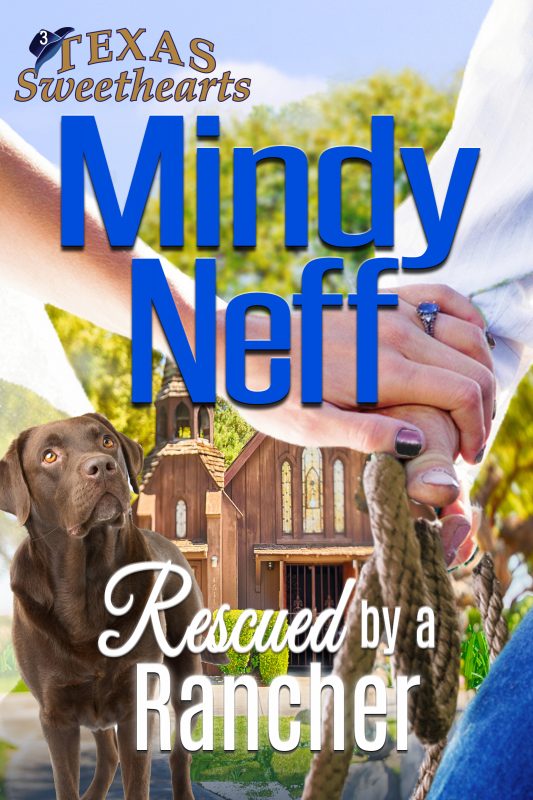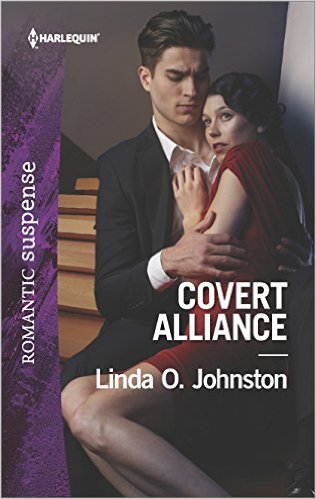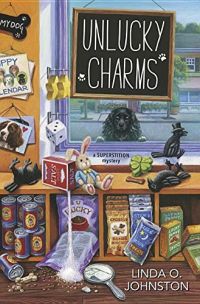Are All Editors Created Equal?
March 31, 2020 by The Extra Squeeze in category The Extra Squeeze by The Extra Squeeze Team, Writing tagged as children's book editors, Editors, Fiction editors, non fiction editors
Dear Extra Squeeze Team,
Are all editors created equal? Do you need one type of editor for adult fiction, and a different type of editor for a picture book?

Rebecca Forster
USA Today Bestselling author of 35 books, including the Witness series and the new Finn O’Brien series.
Not only are all editors are not created equal, there are many people are promoting themselves as editors even though their only credentials are that they like to read and they were good in English. So, before you spend a ton of money are a few things to think about.
1) Do you need a story editor, a line editor or just someone to double check for typos? Personally, I always need a story editor. My books are intricate, and I am known for twists and turns. A story editor* keeps me on track with red herrings, challenges me to push the envelope, and gives me perspective on the plot/story as a whole. I couldn’t live without this input.
2) Overall editors are hard to come by in my humble opinion unless you are willing to pay the price. It is no easy job to take a book from start to finish when you’re an editor. When I was traditionally published, I often had three separate editors, each charged with perfecting a different part of the process. If you’re looking for just that one person, make sure you are clear up front so they can price their bid accordingly.
3) An editor works for you and you should select one carefully. I tested a reader who swore she was an editor. She had found some things in a published book, and I was impressed with the detail and her attitude. However, when I sent her test pages (for which I paid her), she missed the typos and grammar issues that I purposefully left in to gauge her level of expertise. She was a great reader and had caught some mistakes, but she was not an editor.
4) When you find a great editor, it is a thing of beauty. Remember, some are literally brilliant* and the good ones will be able to work on any book in any genre. This is because they understand that individual marketplaces call for different sensibilities. They will read a romance differently than they read a mystery. If you find one of those, hang on to her/him.
*For transparency, the fabulous story editor I have worked with since my first book is my Extra Squeeze colleague, Jenny Jensen.

Jenny Jensen
Developmental editor who has worked for twenty plus years with new and established authors of both fiction and non-fiction, traditional and indie.
All editors are created as equally as all dancers, or singers, politicians or writers, but that’s not really what you’re asking. A good editor wears different hats, each for different genres. And then there are the specialists who focus their skills, most notably in academics, poetry and children’s literature.
I’ve worked on USAF manuals, fiction of all flavors, history and biography and business materials. I wore a different editing hat for each. A lot of the rules are the same, but each genre has a different intent and any useful editing must be done with that intent top of mind. The flow, pacing and characterization of a thriller are light years from those of business material (though maybe marketers should rethink that). Each of those hats comes with my confident understanding of the author’s intent so I can see any problems and add to the intended message. I think this is true of most editors.
I’ve turned down work twice. The first was a treatise on the physics of string theory. At least that’s what I think it was. I had no hat for this and so could offer nothing but a suggestion for a more suitable editor. The second was a children’s picture book. I love children’s books. I read the manuscript and tried to find a hat that fit. I soon realized this required a special knowledge, an insight into the reader’s mind and the author’s intent; knowledge and insight for which I don’t have a hat.
So yes, I do think that an author of a children’s picture book should find and build a relationship with an editor whose specialty is children’s lit. That doesn’t mean she would be better created, just that she was the best at dancing and singing to that tune.
H.O. Charles
Cover designer and author of the fantasy series, The Fireblade Array
I would say it depends on the experience of the editor. Some are quite capable of understanding the different styles and switching accordingly. Some are not. Look at the work they’ve previously done and see how it aligns with your own.
That said, sometimes an editor from another genre can bring a fresh perspective that could help you break away from the norm and set your work apart from that of other writers. Great books are often ones that cross genres and re-purpose other styles.

Ever wonder what industry professionals think about the issues that can really impact our careers? Each month The Extra Squeeze features a fresh topic related to books and publishing.
Amazon mover and shaker Rebecca Forster and her handpicked team of book professionals offer frank responses from the POV of each of their specialties — Writing, Editing, PR/Biz Development, and Cover Design.
Affiliate Links
A Slice of Orange is an affiliate with some of the booksellers listed on this website, including Barnes & Nobel, Books A Million, iBooks, Kobo, and Smashwords. This means A Slice of Orange may earn a small advertising fee from sales made through the links used on this website. There are reminders of these affiliate links on the pages for individual books.
Search A Slice of Orange
Find a Column
Archives
Featured Books
BEYOND THE FORTUNETELLER’S TENT
When Petra Baron goes into the fortuneteller’s tent at a Renaissance fair, she expects to leave with a date to the prom.
More info →THE FALLING OF THE MOON
In the gloomy mountains of Shadowvale, Ascot Abberdorf is expected to marry a somber Count and settle down to a quiet life terrorizing the villagers.
More info →
RESCUED BY A RANCHER
What Happens When A Texas Sweetheart Is Born With A Silver Spoon? She Stirs Up Trouble In Hope Valley!
More info →COVERT ALLIANCE
Passion flares between a mysterious woman and a covert investigator who knows her secret…
More info →Newsletter
Contributing Authors
Search A Slice of Orange
Find a Column
Archives
Authors in the Bookstore
- A. E. Decker
- A. J. Scudiere
- A.J. Sidransky
- Abby Collette
- Alanna Lucus
- Albert Marrin
- Alice Duncan
- Alina K. Field
- Alison Green Myers
- Andi Lawrencovna
- Andrew C Raiford
- Angela Pryce
- Aviva Vaughn
- Barbara Ankrum
- Bethlehem Writers Group, LLC
- Carol L. Wright
- Celeste Barclay
- Christina Alexandra
- Christopher D. Ochs
- Claire Davon
- Claire Naden
- Courtnee Turner Hoyle
- Courtney Annicchiarico
- D. Lieber
- Daniel V. Meier Jr.
- Debra Dixon
- Debra H. Goldstein
- Debra Holland
- Dee Ann Palmer
- Denise M. Colby
- Diane Benefiel
- Diane Sismour
- Dianna Sinovic
- DT Krippene
- E.B. Dawson
- Emilie Dallaire
- Emily Brightwell
- Emily PW Murphy
- Fae Rowen
- Faith L. Justice
- Frances Amati
- Geralyn Corcillo
- Glynnis Campbell
- Greg Jolley
- H. O. Charles
- Jaclyn Roché
- Jacqueline Diamond
- Janet Lynn and Will Zeilinger
- Jaya Mehta
- Jeannine Atkins
- Jeff Baird
- Jenna Barwin
- Jenne Kern
- Jennifer D. Bokal
- Jennifer Lyon
- Jerome W. McFadden
- Jill Piscitello
- Jina Bacarr
- Jo A. Hiestand
- Jodi Bogert
- Jolina Petersheim
- Jonathan Maberry
- Joy Allyson
- Judy Duarte
- Justin Murphy
- Justine Davis
- Kat Martin
- Kidd Wadsworth
- Kitty Bucholtz
- Kristy Tate
- Larry Deibert
- Larry Hamilton
- Laura Drake
- Laurie Stevens
- Leslie Knowles
- Li-Ying Lundquist
- Linda Carroll-Bradd
- Linda Lappin
- Linda McLaughlin
- Linda O. Johnston
- Lisa Preston
- Lolo Paige
- Loran Holt
- Lynette M. Burrows
- Lyssa Kay Adams
- Madeline Ash
- Margarita Engle
- Marguerite Quantaine
- Marianne H. Donley
- Mary Castillo
- Maureen Klovers
- Megan Haskell
- Melanie Waterbury
- Melisa Rivero
- Melissa Chambers
- Melodie Winawer
- Meriam Wilhelm
- Mikel J. Wilson
- Mindy Neff
- Monica McCabe
- Nancy Brashear
- Neetu Malik
- Nikki Prince
- Once Upon Anthologies
- Paula Gail Benson
- Penny Reid
- Peter J Barbour
- Priscilla Oliveras
- R. H. Kohno
- Rachel Hailey
- Ralph Hieb
- Ramcy Diek
- Ransom Stephens
- Rebecca Forster
- Renae Wrich
- Roxy Matthews
- Ryder Hunte Clancy
- Sally Paradysz
- Sheila Colón-Bagley
- Simone de Muñoz
- Sophie Barnes
- Susan Kaye Quinn
- Susan Lynn Meyer
- Susan Squires
- T. D. Fox
- Tara C. Allred
- Tara Lain
- Tari Lynn Jewett
- Terri Osburn
- Tracy Reed
- Vera Jane Cook
- Vicki Crum
- Writing Something Romantic
Affiliate Links
A Slice of Orange is an affiliate with some of the booksellers listed on this website, including Barnes & Nobel, Books A Million, iBooks, Kobo, and Smashwords. This means A Slice of Orange may earn a small advertising fee from sales made through the links used on this website. There are reminders of these affiliate links on the pages for individual books.

